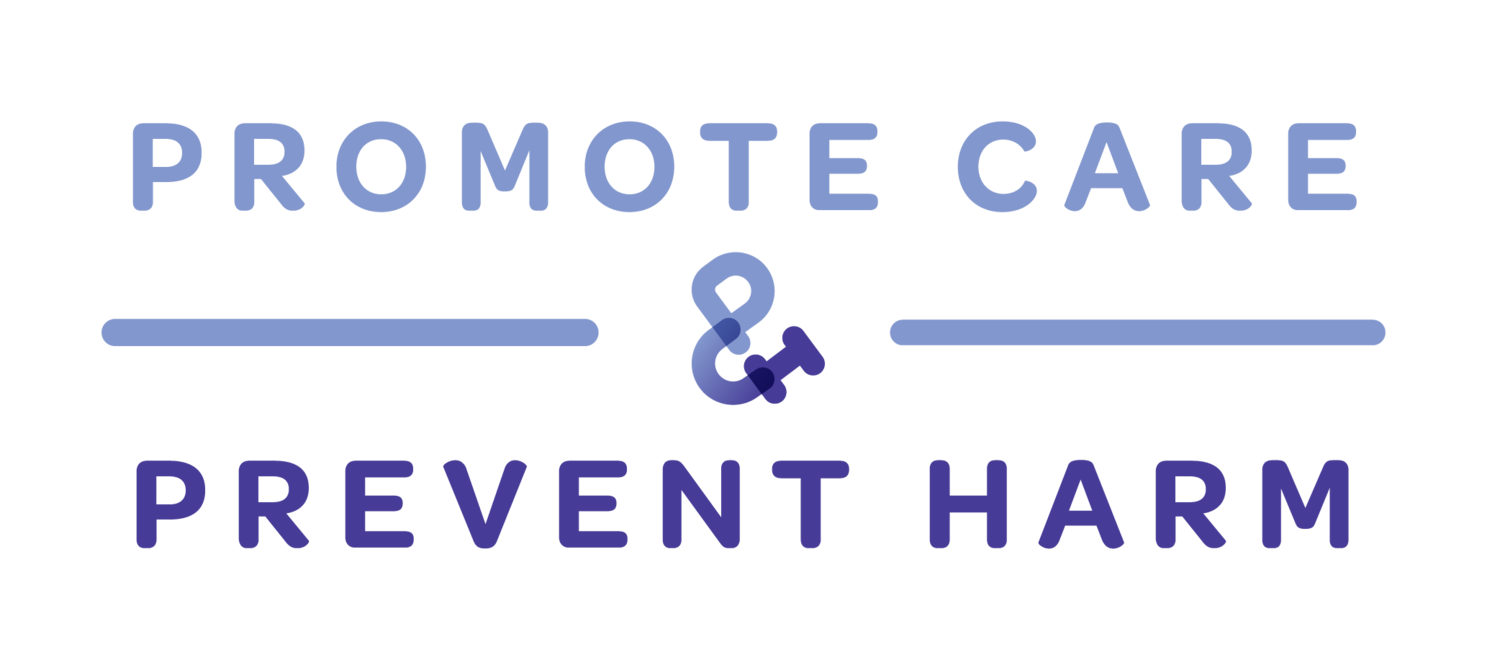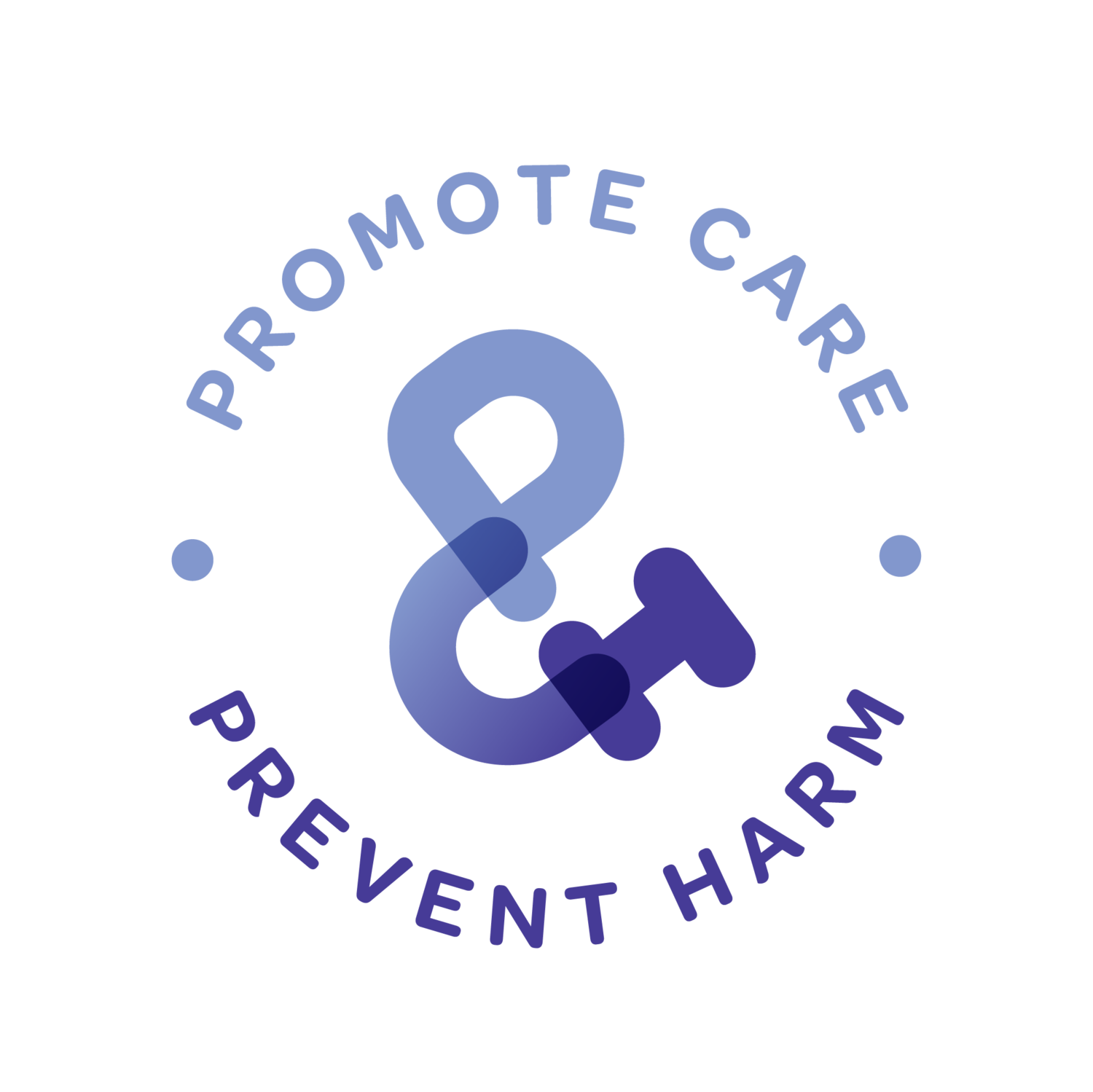A Review of Our Impact
Actively Caring for People in Schools
We co-developed promotion programs to increase the recognition and rewarding of prosocial behavior in a college residence hall (McCarty, Mullins, Geller & Shushok, 2013), designed and evaluated a prosocial promotion and bullying prevention program for elementary school students (McCarty, Teie, McCutchen & Geller, 2016), designed and evaluated a helping promotion and aggressing/bullying prevention program for middle school students using group incentives for prosocial behavior and lessons on character strengths (McCarty, 2014), and co-developed a youth-led resilience promotion program after a school shooting (Teie, McCarty & Cea, 2013).
School-based Policing
With funding from the COPS Office, we co-developed in-person and e-learning courses for school-based law enforcement and educators on school climate. We co-facilitated a curriculum review session with the leadership of the National Association of School Resource Officers (NASRO). With two different NASRO trainers, we co-trained SROs, SSOs, and educators in three Maryland school districts, including Baltimore City Public Schools. Modules from the curriculum were incorporated into the 40-hr, state-mandated SRO program by the Maryland Center for School Safety. Then, we converted the course for e-learning (see COPS training portal: Panagopoulos & McCarty, 2020).
Youth Participatory Action Research
With funding from the Berkeley Initiative for Transparency in the Social Sciences (BITSS), we co-created a 4-week youth-led analytics course for AP Psychology students using a participatory action research approach, open and transparent research guidelines, and relevant models to guide their research studies (on social media, technology, character, mental health, and school climate) after they took their AP exam. Students delivered poster presentations to school and community-based professionals (e.g., nonprofit leaders, psychologists, teachers, and school administrators) (see course materials: McCarty, Turgeon-Williams & Pacqué, 2018).
Adolescent Mental Health
We consulted for Our Minds Matter (OMM) to redesign their mental health curriculum and improve their youth-led club model (to more effectively promote mental wellness) in Fairfax County Public Schools (VA). With colleagues, we researched OMM leaders’ prosocial behavior and conducted a simple program evaluation using transparent methods in RMarkdown (see McCarty & Burns, 2020; McCarty & Gatto, 2020).
Contain the Contagion
With community activists, our team launched the Contagion the Contagion campaign to spread public health information to community members in the Rio Grande Valley (RGV) through an op-ed in March 2020 (Gonzalez, McCarty, Diaz, Garcia, Palacios, Martinez, Fuentes, Salas, Altamirano, Díaz-Santana & Prado, 2020). From March to June 2020, we reached 28,000+ South Texans through volunteer-led efforts to phone and text bank.
COVID-19 Safety Corps
To engage youth as leaders during the pandemic, we partnered with Natalie Cook (Virginia Tech) to involve students in the design of a new virtual curriculum: the COVID-19 Safety Corps (based on Michigan’s Urban Safety Corps). With Virginia Tech PRISM, we taught two cohorts of high school and college students from South Texas, Central Ohio, and Northern Virginia how to develop social media campaigns on mental health.




